Coronovirus: Hunt for vaccine will inspire new generation of scientists
Just as Sputnik made 1950s boys want to be rocket scientists, the hunt for a COVID-19 vaccine will inspire a new generation of scientists.
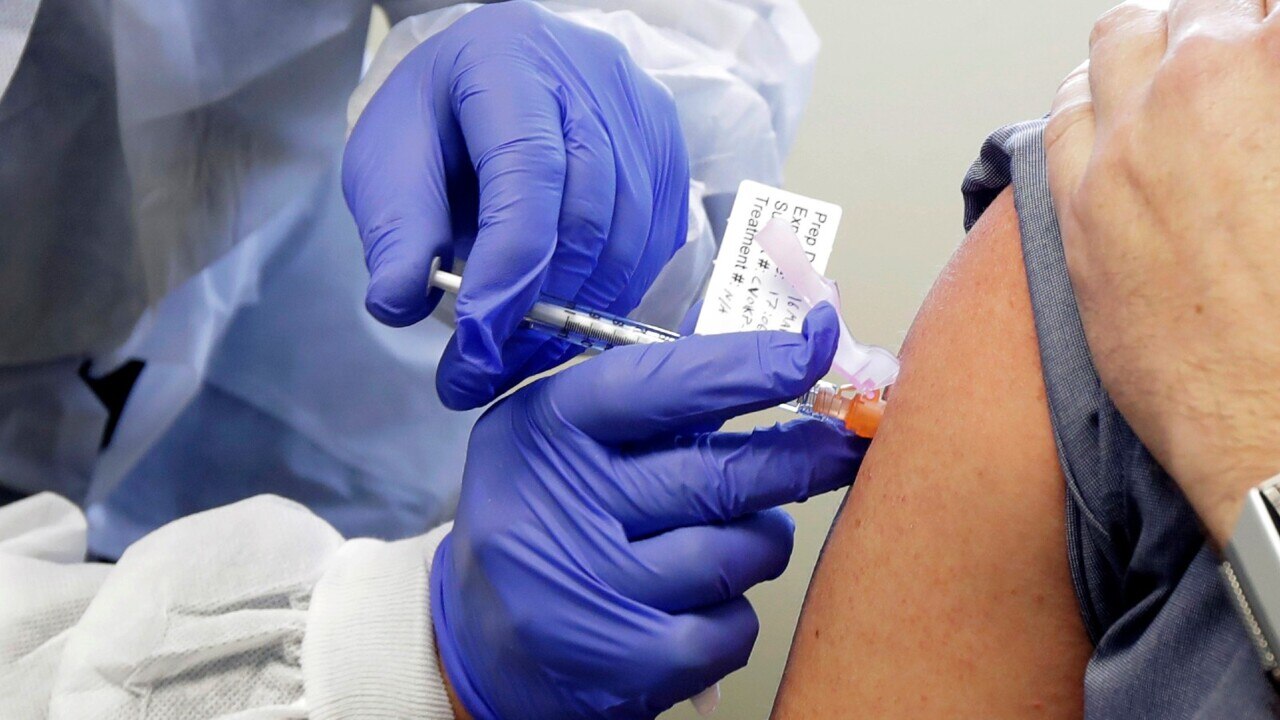
The legend goes like this. In October 1957 the world was astounded as the Soviet Union launched the first ever space satellite. The second, Sputnik 2, was sent up a month later, with a dog called Laika inside. As Sputnik 2 orbited the Earth it was visible as a moving light in the night sky and in the London suburb of Neasden an eight-year-old boy was so excited by that light that he ran down the street in his pyjamas to try to keep up. From that moment on his life was devoted to science.
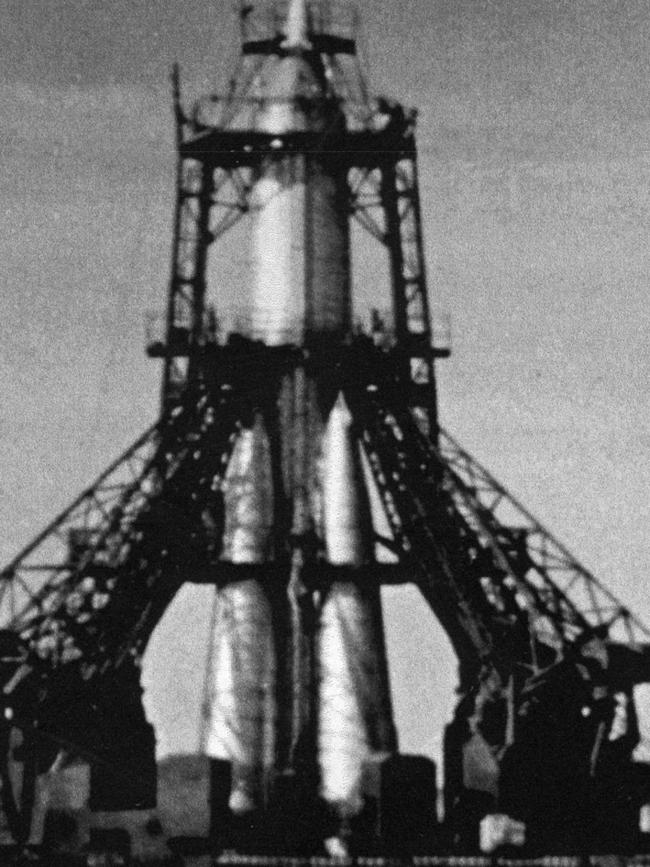
The boy went on to share a Nobel prize, preside over the Royal Society and, as Sir Paul Nurse, become head of the UK Centre for Medical Research and Innovation, now renamed the Francis Crick Institute. The institute is one of the most important collaborators in the international battle against the coronavirus. By two weeks ago 300 or so scientists at the institute had volunteered to drop their research projects and offered their lab skills to the NHS to help with the testing program. Hopefully their services will be used soon.
As the boy ran down the street it was probably late afternoon in Washington, where President Dwight D Eisenhower was into his second term. There, they were also fixated on Sputnik. But what seemed exciting to a small boy presented itself as an almost existential challenge to a superpower. America was lagging in the scientific and technological competition with communists. It had to catch up. And the catch-up had to begin with the kids. Vast sums were found for training a new generation of science, maths and language teachers (English was not then the scientific lingua franca) As a writer in The New York Times was to recall a quarter of a century after Sputnik – “a dramatic and vivid symbol” – American high school science education “was catapulted in a few short years from the 18th to the 20th century”. In 1958 a National Science Youth Month was declared, supported by everyone from the army to the American Dental Association. It was a dramatic shift in emphasis and expenditure. Eleven years later it was an American who made the “giant leap for mankind” on to the surface of the moon.
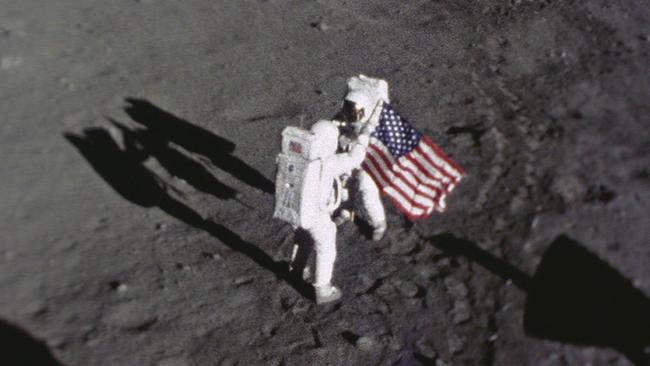
Government money, government support, government priorities are all critical at moments of great crisis and opportunity. But what the mass of ordinary citizens think and do is just as important. A young opposition MP, Tony Benn, wrote in his diary that Sputnik’s launch was “far more momentous than the invention of the wheel, the discovery of the sail, the circumnavigation of the globe, or the wonders of the industrial revolution”.
The historian David Kynaston relates a speaker at a meeting of the Church Assembly “wryly suggesting that the church should send a Sputnik into space with a bishop in it, since ‘the present generation is more interested in the ‘bleep bleep’ of the satellite than the ‘bleep, bleep’ of the preacher”.
For two decades afterwards one of the great ambitions of many children was not to be a football player, singer or a celebrity, but to be an astronaut or a rocket scientist.
We spool on 60-plus years, with Australia leading the charge on finding a vaccine. Australia’s science agency has now begun the first stage of testing potential vaccines for COVID-19.
The CSIRO says the testing is expected to take three months, and is underway at its high-containment biosecurity facility in Geelong, Victoria.
It says that after studying the virus’s genomic sequence, it can confirm coronavirus is changing into a number of distinct ‘clusters’. The research team is now starting to look at how this may impact on the development of the vaccine.
In the UK, the Wellcome Trust on Monday published its “Science Education Tracker” for England in 2019. Its conclusions were not encouraging. Its survey of more than 6,000 students in years seven to 13 (ie, aged 11 to 18) showed only 41 per cent believed that an understanding of science was important to their daily lives. Since a previous survey in 2016, the percentage believing that science itself was important to their everyday lives had gone down from 48 per cent to 40 per cent.
I doubt whether they still think that, now that their “everyday lives” are closely governed by a series of scientific calculations and their hopes for the near future are invested in the efforts of scientists.
Professor Sir Jim Smith, director of science at the Wellcome Trust, believes that many young people can hardly have failed to notice how scientists now flank the world’s leaders on the public stage. “Kids get this,” he told me. “They can see people like Chris Whitty and Patrick Vallance are doing the best with the data they have. If the data changes they modify their conclusions. There’s a respect for that.”
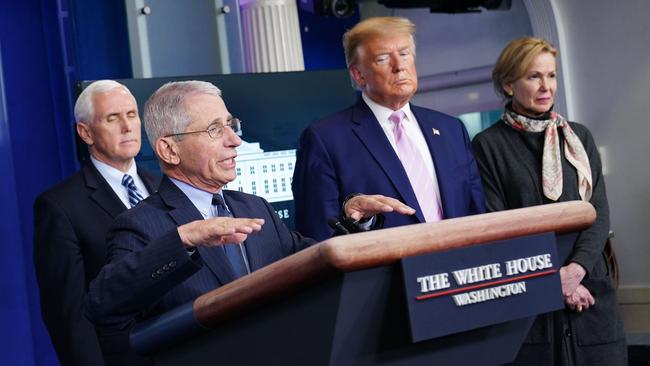
Yet more striking is how the most wilful politician eventually heeds their conclusions. Even Donald Trump has had to end his catastrophic one-man war on reality and listen to Anthony Fauci, the veteran immunologist who has headed the National Institute of Allergy and Infectious Diseases since the mid-1980s. As Fauci told the magazine Vanity Fair this week: “I just stick very strictly to the science and the evidence base. I’ve been doing this now for over 30 years, starting with HIV/Aids with President Reagan. I have no ideology. My ideology is health, public health, and science.” Recent polling suggests Americans actively trust Fauci on coronavirus even as they distrust Trump.
As with the science-heavy daily press conferences, so the science and medical correspondents, the virologists, public health experts and immunologists are the ones we rely upon to tell us what’s happening and help us make sense of it all. They are making the intellectual weather. It becomes increasingly obvious that there’s noise and then there’s science. The science can be contested, it can even be wrong. But it’s always bending towards getting it right.
It’s not just the method though that recommends itself to a young mind. What the crisis has shown is – as with climate science – just how incredibly important, urgent and, yes, exciting this stuff all is.
As Jim Smith says, with A-level and GCSE syllabuses all out of the window, online teachers have the chance to use the pandemic as a teaching aide, to show how things connect – microbiology, geography, genetics and more. Today there is available a Sputnik-type catalyst to enthuse the young with the possibilities of the life scientific.
This next linked thought will seem offensive to some, but I think it’s true. The pandemic offers an opportunity for study and learning that (if we’re lucky and sensible) won’t come around again. Imagine the ability to use the information in the UK Biobank, where the health details and genotypes of half a million volunteers are stored, to track the progress of a new virus. Think about the unprecedented speed and learning involved internationally in the creation of a vaccine, and the logistics of delivering it. So the pandemic is arguably the biggest (if unsought) scientific experiment on human beings in our history. It is utterly fascinating. What youngster of any mettle wouldn’t want in on it?
The Times



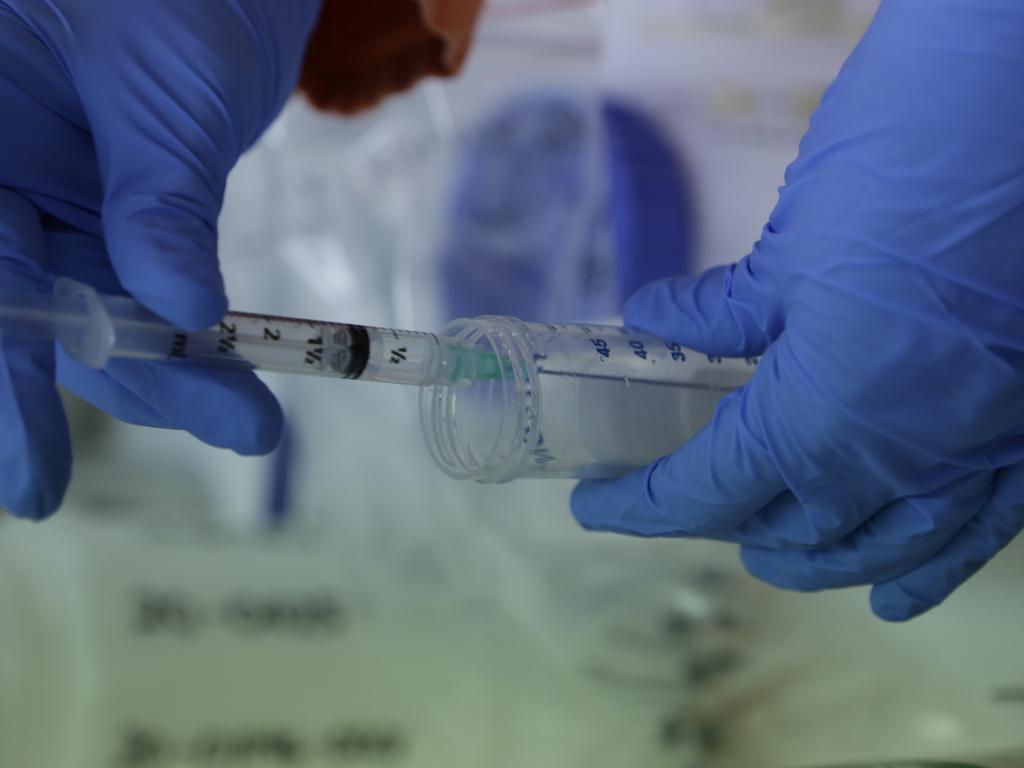


To join the conversation, please log in. Don't have an account? Register
Join the conversation, you are commenting as Logout